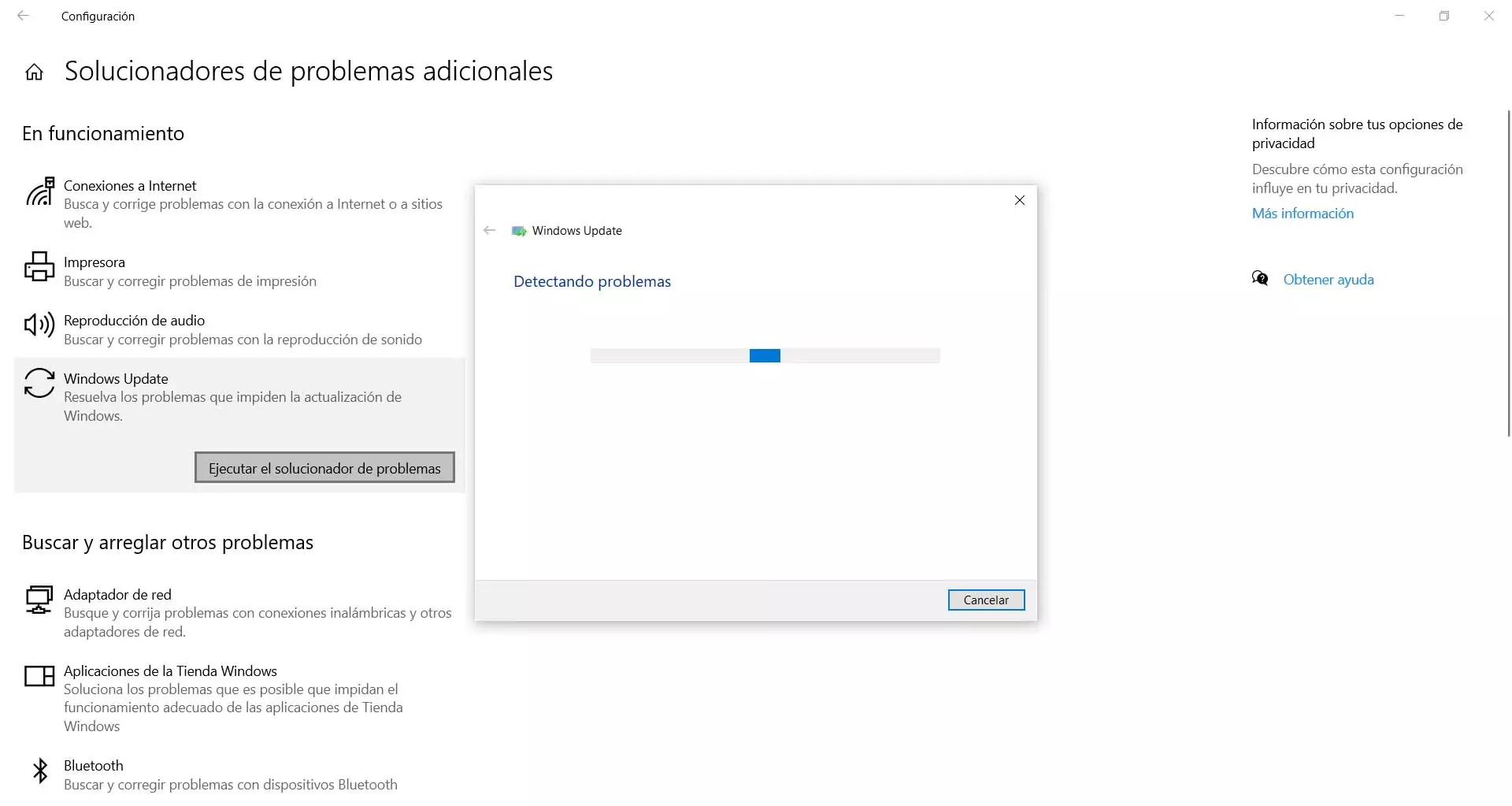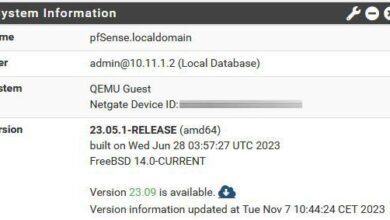
When the antivirus does not protect
Programs such as Avast, Windows Defender and many others that we can install on the computer and mobile can prevent the entry of viruses of all kinds. However, they do not always work. There are even certain very dangerous threats for which they will not be able to act. There we will have to take other measures, such as updating the system or avoiding making mistakes.
Phishing attacks
One of them is Phishing attacks. In this type of attack, a hacker sends a mail or SMS posing as a legitimate page, an official service such as a social network, email or any platform. Generally they usually throw a hook in which they ask us to make a change or fix an error.
For example, something common on these dates is that we receive an email telling us that a supposed order that we are waiting has had a problem and we must update data or do something. The victim clicks, puts in their data, and unknowingly sends it to a server controlled by the attackers. There an antivirus could not act.
Vulnerabilities in the system
Another problem that an antivirus will not be able to protect us from is vulnerabilities that is in the team. There may be security flaws in the operating system, in an application that we use, network adapter drivers … This could be exploited by a hacker to launch their attacks and take control of the computer.
In this case, the antivirus would not warn us. It wouldn’t avoid that problem. What we are going to have to do is check that we always have the latest versions installed, that we do not leave any outdated program or any adapter without the latest firmware version and have a gap there. This can lead to RDDoS attacks, for example.
Enter a fake domain
Surfing the Internet we can reach pages that are actually fake. For example through a link that we see on one site that leads us to another. We think it may be original, but in reality it is a page that they have created just to collect personal data and put our security at risk.
To avoid problems of this type, the ideal is to check the URL we are entering very well. We must verify that the address really corresponds to the site we are trying to enter. For example, if we are going to access Facebook, it is essential that we see that the domain address is correct.
New Viruses
An antivirus has a database known threats. In this way, if, for example, we download malware on our computer, it warns us about it and eliminates it. What if it is a new virus, which has not yet been detected? In that case it could not protect us.
Therefore, to be fully protected from this type of problem, common sense will be very important. We must avoid making mistakes, such as downloading applications from unreliable sources or entering sites that may be dangerous.



